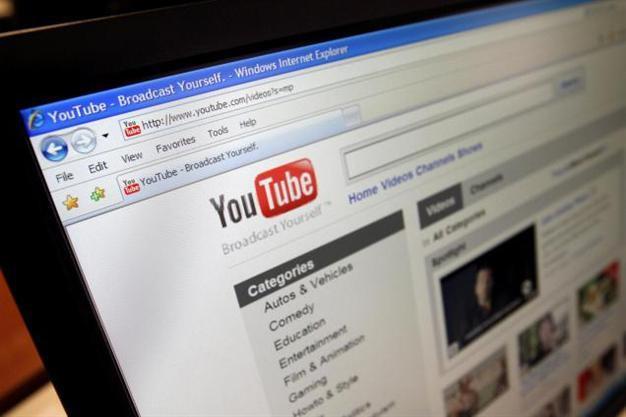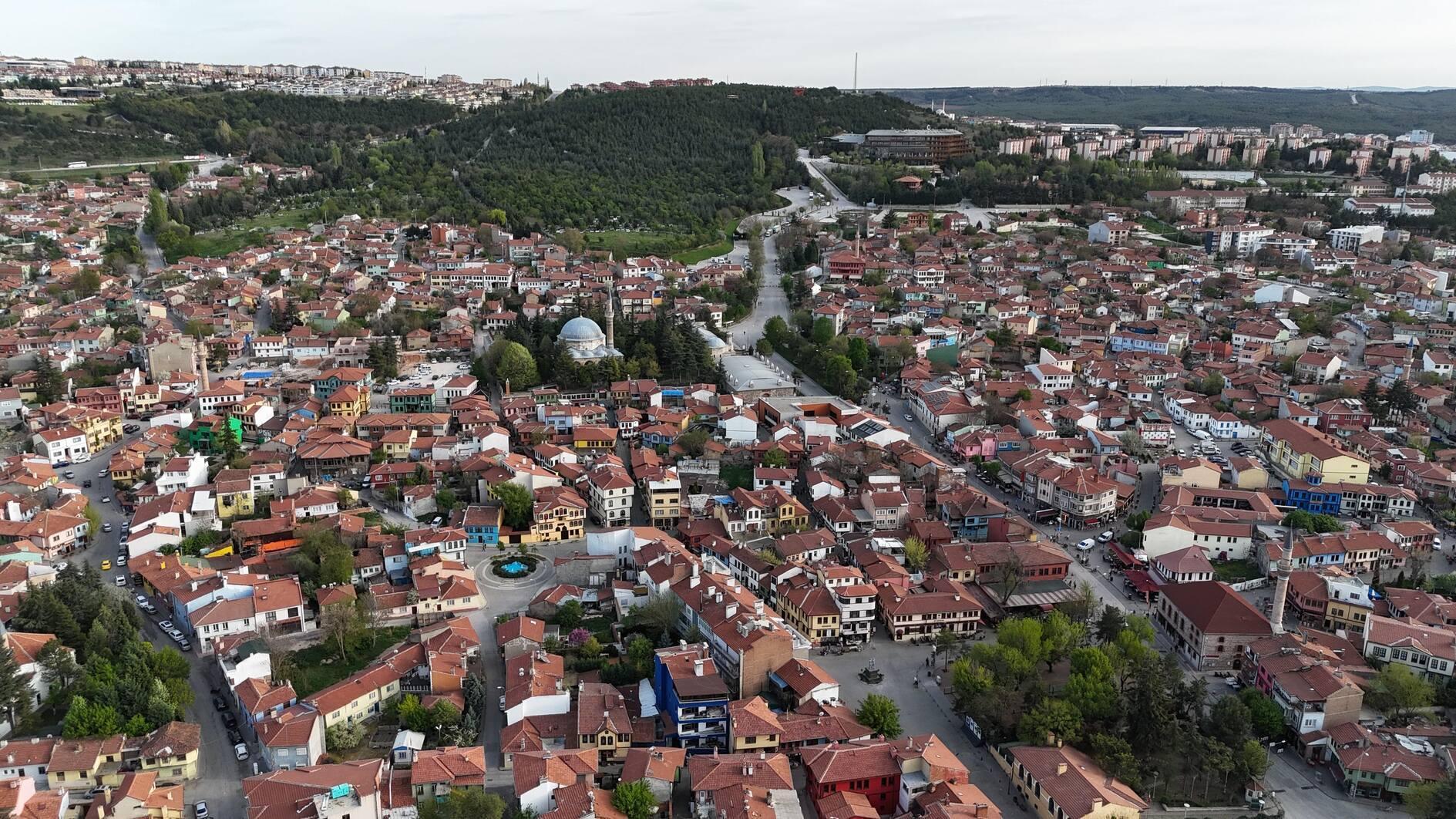Turkish court lifts YouTube ban
ANKARA

Access to YouTube was blocked on March 27 by Turkey’s telecommunications authority (TİB), without a court decision.
Just a day after access to Twitter was unblocked upon a Constitutional Court ruling, a local court lifted a ban on the popular video-sharing website YouTube on April 4, but ordered that 15 videos remain blocked.Access to YouTube was blocked on March 27 by Turkey’s Telecommunications Authority (TİB) without a court decision, hours after recordings of a key security meeting in which government officials discussed a possible false-flag operation against Turkish interests to create a pretext for a war in Syria were leaked online.
The subsequent decision issued after the blocking of access by a local court in Ankara’s Gölbaşı district justified the ban on the grounds of a law incriminating insults to Mustafa Kemal Atatürk, the founder of the Turkish Republic.
The Gölbaşı Court of Peace has now ordered that access to the website be unblocked following an appeal from the Union of Turkish Bars Associations. However, the court also ruled that access to 15 videos would remain blocked, according to Anadolu Agency.
A number of voice recordings allegedly featuring Prime Minister Recep Tayyip Erdoğan, his family and top government officials allegedly showing them engaged in graft and abuse of power have been leaked onto YouTube in the last two months.
The ban on YouTube less than a week after Twitter added more fuel to the outrage against the government’s tightening grip on the Internet by empowering the TİB with the authority to block access regardless of a court order.
Following the controversial decision, Foreign Minister Ahmet Davutoğlu had emphasized that the YouTube ban was a question of national security, while dismissing that it could be interpreted as a violation of people’s freedoms.
“The Twitter ban is related to privacy, while the ban on YouTube is a matter of national security. It should not be perceived as a restriction of freedoms,” Davutoğlu said.
Another lawsuit at an Ankara administrative court against the decision filed by the Ankara Bar Association, demanding a stay of execution and a cancelation of the YouTube ban, is still pending.
















